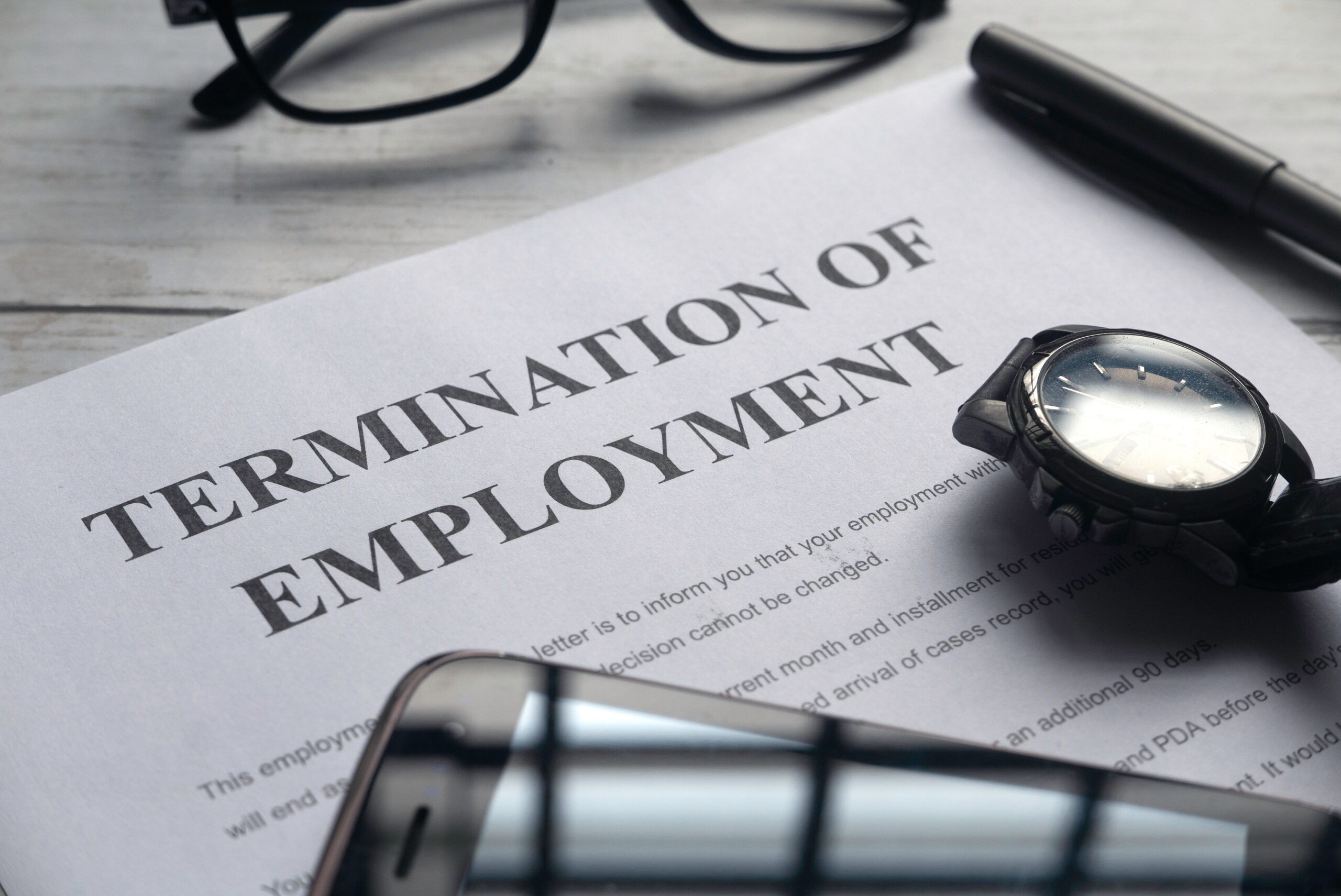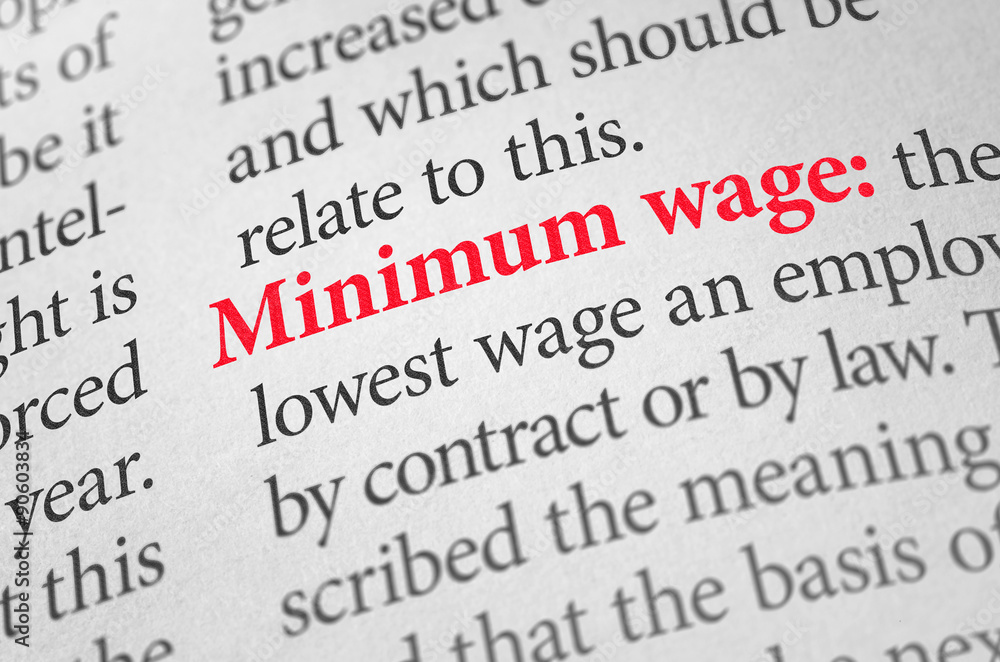- 14 Dec 2023
- •
- 2 min read
Employment Alert – Redundancy Consultations – The Importance of the Formative Stages

What’s happening?
In the recent case of De Bank Haycocks v AP RPO UK Ltd [2023] the EAT held that an employee’s dismissal for redundancy was unfair because there was no meaningful consultation at the formative stage of the redundancy process.
Mr Haycocks scored the lowest in his team when marked against 17 subjective criteria. Three consultation meetings were held over a 14-day period during which time, Mr Haycocks was not given his scores or those of his colleagues. At the final meeting Mr Haycocks was dismissed. It was not until his appeal, that he was provided with his personal scores. His appeal was unsuccessful.
The ET initially dismissed his claim, stating the appeal had remedied the lack of scores being provided. It also stated that Mr Haycocks had not demonstrated his scores were incorrect.
Overturning this decision, the EAT held the employer had failed to act within the band of reasonableness by holding inadequate consultation at the opening stage of process.
Why is this important?
The EAT has emphasised that the primary purpose of consultation is to find ways of avoiding or minimising the impact of redundancies. This requires proper consultation at the early stages of the process since this is when employees have the most power to influence the overall decision. A failure to consult during this period effectively fetters employees’ powers and rights at a time when they can provide meaningful input.
The EAT’s comments on redundancy appeals are also noteworthy. Whilst the EAT confirmed that an appeal could correct a missing aspect of the consultation process (here, the failure to provide employees with their scores), it noted that appeals could not repair a fundamental failure to consult at the formative stage since, by the appeal stage, the employees’ power to influence the decision was greatly reduced.
What should you do?
Tribunals view the redundancy process holistically. Employers should be clear on their consultation obligations at the outset, seeking legal advice if they are unsure. Whilst minor errors may be amended on appeal, fundamental lack of effective consultation is likely irreparable.
Consultation is not merely a tick-box exercise. Employers should ensure they meaningfully engage with employees, fully considering their suggestions and providing reasoned feedback for accepting or declining these. This is not only useful for minimising the risks of employees bringing claims, but also acts as evidence of proper consultation should the matter reach Tribunal.
If employers become aware of minor errors during an appeal, they should amend these where possible. However, if employers discover fundamental failures in consultation, they should consider restarting the process afresh to minimise their legal risk.
If you would like to talk to our expert Employment team, please please call us on 0800 2800 421 or contact us using the form below.














